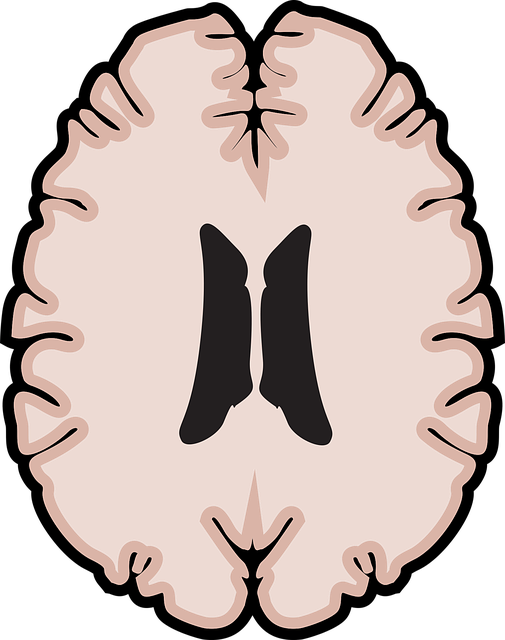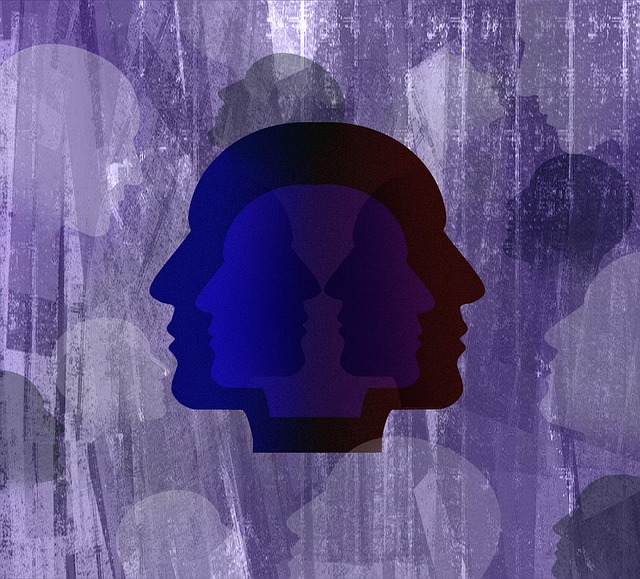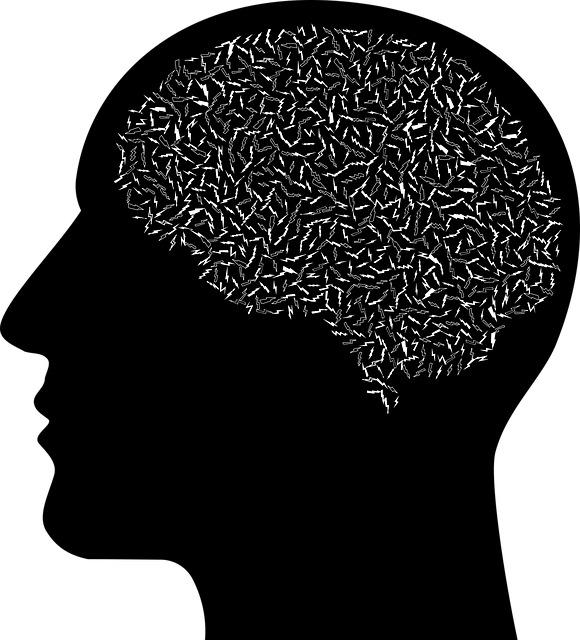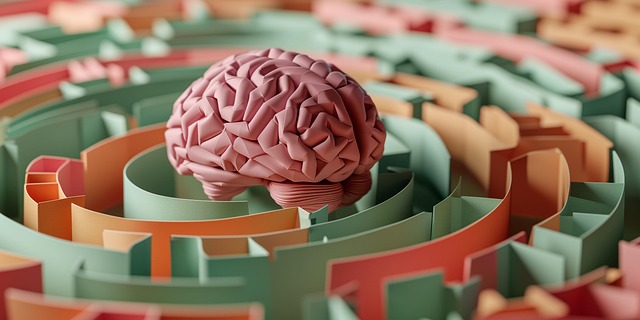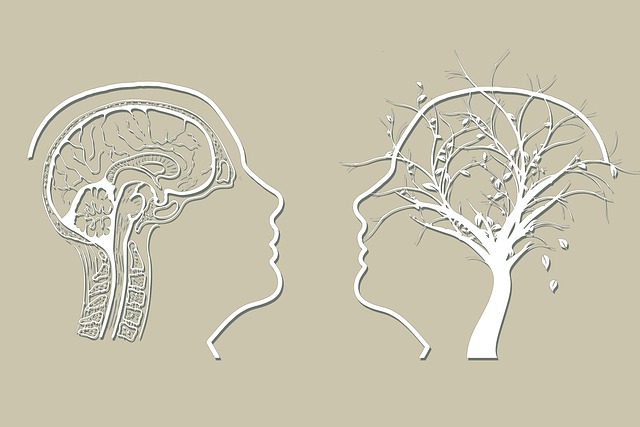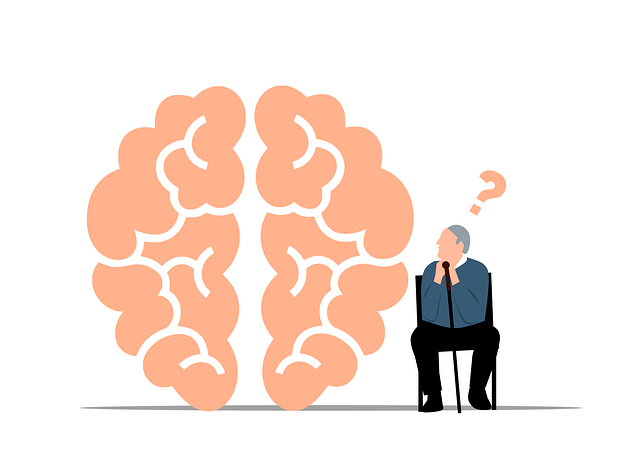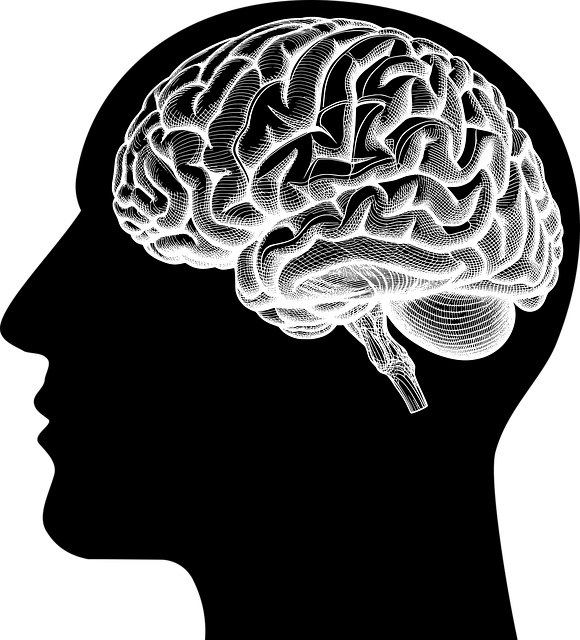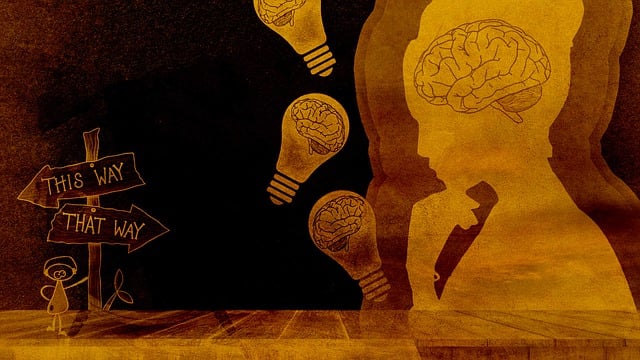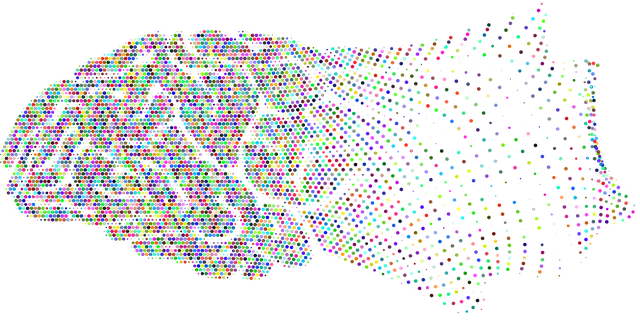Social skills training, particularly Eye Movement Desensitization and Reprocessing (EMDR) certified therapy, is an effective approach for treating social anxiety in young children with mental health conditions. This structured method enhances communication, empathy, and conflict resolution using evidence-based techniques. By creating a supportive environment through play therapy and art activities, these programs facilitate emotional exploration and internalize positive behaviors, leading to improved mental wellness and relationship building. EMDR certified programs offer lasting benefits, empowering children to manage social anxieties, improve emotional regulation, and reduce anxiety disorder symptoms, ultimately enhancing quality of life.
Social skills training is an essential component of mental health care, especially for young individuals dealing with conditions like social anxiety. This article explores effective strategies, including EMDR therapy, tailored for children. We delve into the significance of social skills in mental well-being and provide structured approaches to target specific areas of improvement. From creating supportive environments to emphasizing long-term benefits, this guide offers insights for professionals and parents seeking to enhance social functioning using evidence-based practices, with a focus on EMDR therapy for young children and certified practitioners.
- Understanding Social Skills and Their Impact on Mental Health
- The Role of EMDR Therapy in Treating Social Anxiety in Children
- Targeting Specific Social Skills: A Structured Approach
- Creating a Supportive Environment for Practice and Growth
- Long-term Benefits: Generalization and Sustaining Positive Changes
Understanding Social Skills and Their Impact on Mental Health

Social skills are fundamental to our overall well-being and play a pivotal role in mental health. They encompass the abilities to interact with others, communicate effectively, and build meaningful relationships. For individuals struggling with mental health conditions, these skills can be particularly challenging to navigate. From simple small talk to complex emotional regulation during social interactions, every aspect contributes to one’s sense of belonging and satisfaction in social settings.
Training in social skills, often integrated into therapy for young children or more specialized treatments like EMDR (Eye Movement Desensitization and Reprocessing) certified programs, can be transformative. These interventions focus on enhancing self-awareness exercises, teaching strategies for mood management during social encounters, and fostering a sense of comfort and confidence in various social contexts. By participating in community outreach program implementations, individuals learn to build and maintain connections, which are crucial for overcoming feelings of isolation and promoting positive mental health outcomes.
The Role of EMDR Therapy in Treating Social Anxiety in Children

Social skills training is an integral part of treating mental health conditions, especially for children suffering from social anxiety. One highly effective approach that has gained significant attention in recent years is Eye Movement Desensitization and Reprocessing (EMDR) Therapy. This evidence-based method is particularly tailored to help young individuals manage their fears and insecurities in social situations.
EMDR Certified therapists utilize a unique combination of therapy for young children, incorporating mindfulness meditation techniques and positive thinking exercises. By engaging in this therapy, children learn to process traumatic memories or anxiety-inducing scenarios, allowing them to reduce the intensity of their responses. As part of the EMDR process, certified specialists guide young clients through side-to-side eye movements while recalling distressing events, helping them to reprocess and reframe these experiences. This innovative approach has been shown to significantly improve mental wellness in children, fostering a sense of confidence and ease in social interactions. The therapy’s ability to target specific memories and thoughts makes it an effective tool for producing positive changes in the lives of young individuals struggling with social anxiety.
Targeting Specific Social Skills: A Structured Approach

In social skills training for mental health conditions, a structured approach focusing on specific skills can be incredibly effective. This tailored methodology is particularly beneficial for young children who may struggle with social interactions due to undiagnosed or untreated mental health issues. By targeting essential social skills like communication, empathy, and conflict resolution through evidence-based techniques, therapists can foster healthy relationships and boost self-esteem. For instance, Eye Movement Desensitization and Reprocessing (EMDR) certified therapists can utilize specialized strategies to help children process traumatic experiences that might hinder their ability to connect with peers.
This structured approach goes beyond general social awareness campaigns or mental health education programs designed for the broader public. It delves into the specific needs of individuals, as acknowledged by comprehensive mental health policy analysis and advocacy efforts. By tailoring therapy sessions, professionals can address unique challenges, ensuring that each child develops the necessary skills to navigate social situations successfully and integrate more fully into their communities.
Creating a Supportive Environment for Practice and Growth

Creating a supportive environment is paramount for effective social skills training, especially when tailored for young children with mental health conditions. This involves cultivating a safe and accepting atmosphere where each child feels valued and empowered to express themselves freely. Therapists using techniques like EMDR (Eye Movement Desensitization and Reprocessing) certified in helping children can facilitate this by incorporating play therapy or art activities that encourage interaction and emotional exploration. Such approaches not only make sessions engaging but also help children internalize positive social behaviors, fostering mental wellness and emotional regulation.
Moreover, the environment should be designed to prevent burnout among both therapists and young clients. This means ensuring manageable caseloads, providing regular supervision, and incorporating stress-reduction strategies into the therapeutic process. By prioritizing these aspects, therapists can foster a nurturing setting conducive to growth, allowing children to build essential social skills while maintaining their emotional balance.
Long-term Benefits: Generalization and Sustaining Positive Changes

One of the most significant advantages of social skills training is its potential to bring about long-lasting positive changes in individuals with mental health conditions. Through structured and specialized therapy, such as EMDR (Eye Movement Desensitization and Reprocessing) certified programs, participants learn effective communication strategies that can be generalized across various settings. This means they’ll be better equipped to navigate social situations, fostering healthier relationships and improved overall well-being.
The benefits extend beyond the training sessions themselves. Participants gain tools to manage social anxieties, improve emotional regulation, and reduce symptoms of conditions like anxiety, which can lead to burnout prevention. As public awareness campaigns development highlights the importance of early intervention, social skills training plays a pivotal role in empowering individuals to sustain positive changes over time, contributing to their overall mental health and quality of life.
Social skills training, particularly through structured approaches like EMDR therapy, offers a promising path to enhancing mental health in young individuals. By targeting specific social skills and creating supportive environments, children with conditions such as social anxiety can experience significant improvements. The long-term benefits of this training include generalization of positive changes, fostering resilience, and promoting healthier social interactions. For parents and care providers, supporting children through these structured programs is key to unlocking their potential for growth and well-being. Engaging in therapy with EMDR-certified professionals ensures effective treatment tailored to each child’s unique needs.
